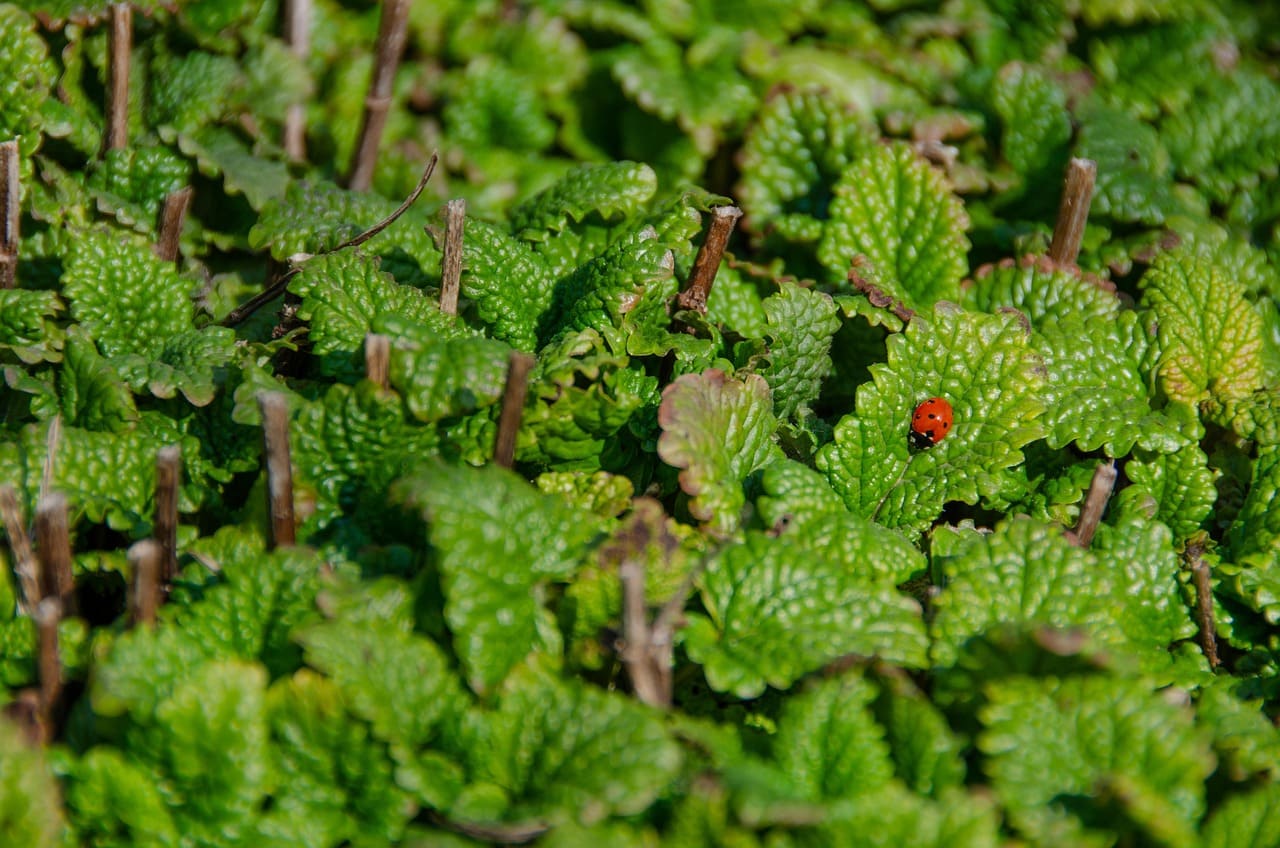For centuries, herbalists and tea lovers alike have turned to the lemon balm plant tea for its bright flavor and soothing qualities. With its delicate lemony aroma and subtle sweetness, this herbal infusion has earned a place in teacups around the world. Known botanically as Melissa officinalis, lemon balm belongs to the mint family and has a long tradition of being used for its calming properties and refreshing flavor.
Whether you’re looking for a gentle herbal tea to wind down in the evening, a bright cup to start your day, or a caffeine-free alternative to standard teas, lemon balm herbal tea offers versatility and a natural connection to centuries of wellness traditions.
A Brief History of Lemon Balm
The use of the lemon balm plant tea goes back to the ancient Greeks and Romans, who valued the herb for both culinary and medicinal purposes. Monks in medieval Europe planted lemon balm in monastery gardens, where it was brewed into herbal teas and used in herbal remedies for stress and digestion.
Over time, the popularity of lemon balm herbal tea spread across Europe and beyond, with people embracing it as both a calming drink and a flavorful herbal infusion. Today, it remains a beloved herbal tea option, often paired with other herbs for both taste and wellness support.
Why Choose Organic Lemon Balm Tea?
Many tea lovers now look for organic lemon balm tea, appreciating that the leaves are grown without synthetic pesticides or chemicals. Organic cultivation helps preserve the natural purity of the lemon balm plant tea, ensuring you’re getting a cup as close to nature as possible.
When harvested at the right time—just as the plant begins to bloom—the leaves retain their aromatic oils and vibrant flavor, making organic lemon balm tea not only better for the environment but also richer in taste and beneficial compounds.
Flavor and Wellness Benefits
The flavor of lemon balm herbal tea is often described as mildly citrusy with a hint of mint, offering a bright yet soothing taste that’s perfect on its own or blended with other herbs. Many people reach for lemon balm plant tea to help promote relaxation after a long day or to enjoy a gentle, caffeine-free drink before bedtime.
Interestingly, some tea makers combine green tea with lemon balm, creating a blend that offers the gentle lift of green tea’s natural caffeine alongside the calming influence of lemon balm. The result is a balanced cup—energizing yet smooth, refreshing yet not overpowering.
Pairing Lemon Balm with Other Herbs
One of the joys of lemon balm herbal tea is how well it pairs with other herbs. Chamomile, lavender, and peppermint are popular companions, each adding their own unique qualities to the blend.
Another excellent pairing is creeping thyme, a low-growing herb with a delicate earthy flavor and its own traditional reputation for supporting respiratory wellness. When combined with lemon balm plant tea, creeping thyme adds depth and complexity, resulting in a tea that is both aromatic and comforting—perfect for chilly evenings or moments when you need a little extra warmth.
How to Brew the Perfect Cup
Making lemon balm herbal tea at home is easy. If you’re using fresh leaves from the lemon balm plant tea, rinse them gently, then steep a small handful in hot water for 5–10 minutes. For organic lemon balm tea or dried blends, use about one teaspoon of dried leaves per cup of hot water, letting them steep until the flavor is as strong as you like.
If you enjoy experimenting, try blending green tea with lemon balm or adding creeping thyme for an herbal twist. A drizzle of honey or a slice of lemon can also enhance the tea’s naturally bright flavor.
A Cup of Sunshine in Every Sip
Whether you choose organic lemon balm tea, experiment with green tea with lemon balm, or blend it with herbs like creeping thyme, this aromatic infusion delivers more than just flavor—it offers a moment of peace in a busy day. For centuries, the lemon balm plant tea has been celebrated as a drink that calms the mind, lifts the spirit, and connects us to the simple pleasures of nature.
A warm cup of lemon balm herbal tea reminds us that sometimes the smallest rituals—steeping leaves in hot water, breathing in the gentle aroma, taking a slow sip—can bring the greatest sense of calm and comfort.

